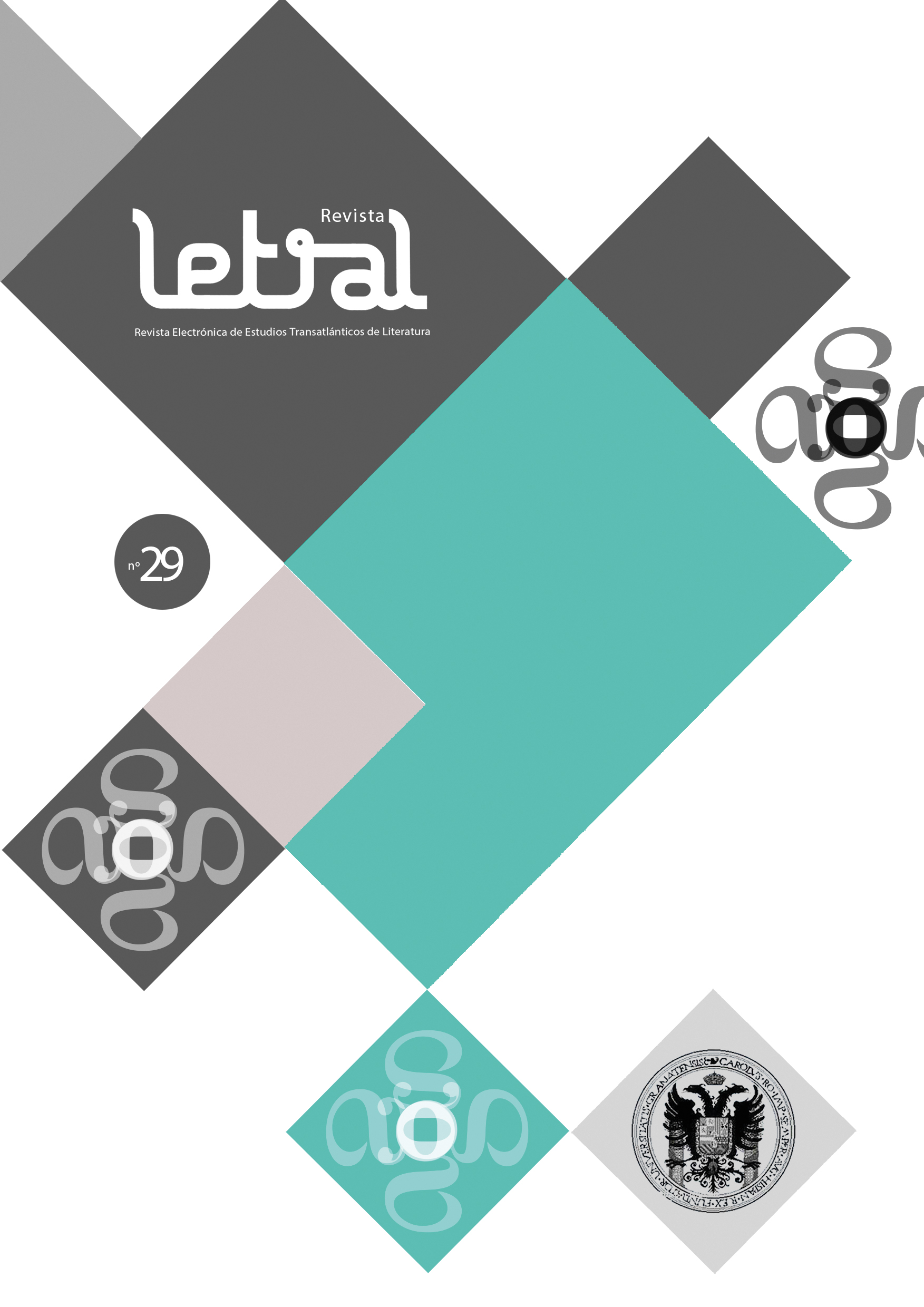Displacement literature translated: Cristina Peri Rossi and the English translations
DOI:
https://doi.org/10.30827/rl.vi29.24368Keywords:
displacement literature, Latin American literature, Ideology in translation, English translationAbstract
In 1972, as military rule took hold in Uruguay, writer Cristina Peri Rossi (°1941, Montevideo) was forced into exile. She had already lost her job as a university lecturer and her literature was banned, as was the mention of her name in the media. After her student disappeared, she left for Barcelona, where she still resides today. In her short story collection El museo de los esfuerzos inútiles (1983, Seix Barral), she thematizes feelings like the impossibility of returning to the homeland, melancholy, and loneliness. In the poetry collection Estado de exilio (2002, Visor Libros), she describes the range of emotions she experienced the years after her exile, from uprootedness to acceptance and genuine feelings of love towards the adoptive city and its people. The books were translated into English, and the translators’ attitudes towards the Spanish text as well as their ideological convictions account for fascinating translation choices. In this article, I argue that the translator employs the texts to go beyond the themes of exile. The translator of El museo prioritizes the literary value and the ambiguity (both formal and content-wise) of the text. The translator of Estado de exilio criticizes the government of the United States, expresses her activist sentiments, and emphasizes the added struggle of being a woman when exiled.
Downloads
References
Álfaro, Gabriela Chavarría. "La patria desdibujada y la conciencia disidente: a propósito de Estado de exilio de Cristina Peri Rossi". Revista Estudios, n.° 18-19, 2004, pp. 119-27. https://doi.org/10.15517/re.v0i18-19.25087.
Álvarez, Román, y M. Carmen-África Vidal, editores. Translation, Power, Subversion. Multilingual Matters, 1996.
Augé, Marc. Non-Places: Introduction to an Anthropology of Supermodernity. Verso, 1995.
Azancot, Nuria. "Entrevista con Chus Visor. 'Dicen que los novelistas son vanidosos pero ¡hay cada poeta!'" El Español, 26 de junio de 2015, https://www.elespanol.com/el-cultural/20150626/chus-visor-dicen-novelistas-vanidosos-poeta/43995666_0.html.
Crisafulli, Edoardo. “The Quest for an Eclectic Methodology of Translation Description”. Crosscultural Transgressions: Research Models in Translation Studies II: Historical and Ideological Issues, Theo Hermans (ed.), St. Jerome Pub., 2002, pp. 26-43.
Fontana, Alejandra Aventín. "Algunas notas para el estudio del exilio en la obra poética de Cristina Peri Rossi". Revista de filología románica, Anejo VII, 2011, pp. 45-54.
Mardorossian, Carine M. "From Literature of Exile to Migrant Literature". Modern Language Studies, vol. 32, n.° 2, 2002, p. 15. https://doi.org/10.2307/3252040.
McClennen, Sophia A. The Dialectics of Exile: Nation, Time, Language, and Space in Hispanic Literatures. Purdue University Press, 2004.
Peri Rossi, Cristina. "Cristina Peri Rossi". Entrevistado por Carmen Boullosa. BOMB, n.° 106, 2009, https://bombmagazine.org/articles/cristina-peri-rossi/.
Peri Rossi, Cristina. "Cristina Peri Rossi". Entrevistado por Gema Pérez-Sánchez. Hispamérica, vol. 24, n.° 72, 1995, pp. 59-72.
Peri Rossi, Cristina. El museo de los esfuerzos inútiles. 1a ed, Seix Barral, 1983.
Peri Rossi, Cristina. Estado de exilio. Visor Libros, 2003.
Peri Rossi, Cristina. State of Exile. Traducido por Marilyn Buck, City Lights Books, 2008.
Peri Rossi, Cristina. The Museum of Useless Efforts. Traducido por Tobias Hecht. University of Nebraska Press, 2001.
Popea, Marina. "Exilio, sujeto lírico y lenguaje en la poesía de Cristina Peri Rossi". Meridional. Revista Chilena de Estudios Latinoamericanos, n.° 5, 2015, pp. 179-206.
Said, Edward W. Reflections on Exile and Other Essays. Harvard University Press, 2000.
Valera, Antonia López. "El exilio en la poesía de Cristina Peri Rossi desde un enfoque de género". El genio maligno, n.° 22, marzo de 2018, https://elgeniomaligno.eu/el-exilio-en-la-poesia-de-cristina-peri-rossi-desde-un-enfoque-de-genero/.
Venuti, Lawrence. The Translator’s Invisibility: A History of Translation. 2nd ed., Routledge, 2008.
Downloads
Published
How to Cite
Issue
Section
License
Revista Letral is an open access journal under a Creative Commons Atribución-NoComercial 4.0 license.
The works published in this journal may be reused, distributed and publicly presented for non-commercial purposes, provided that: cite the authorship and the original source of the publication (journal, publisher and URL of the work).
We strongly recommended you to share our published articles in social and scientific networks, institutional and public repositories, personal or institutional websites, blogs, Google Scholar, ORCID, ResearchID, ScopusID, etc.
The journal allow the author(s) to hold the copyright and to retain publishing rights without restrictions.
We are completely free, both for readers and authors.














